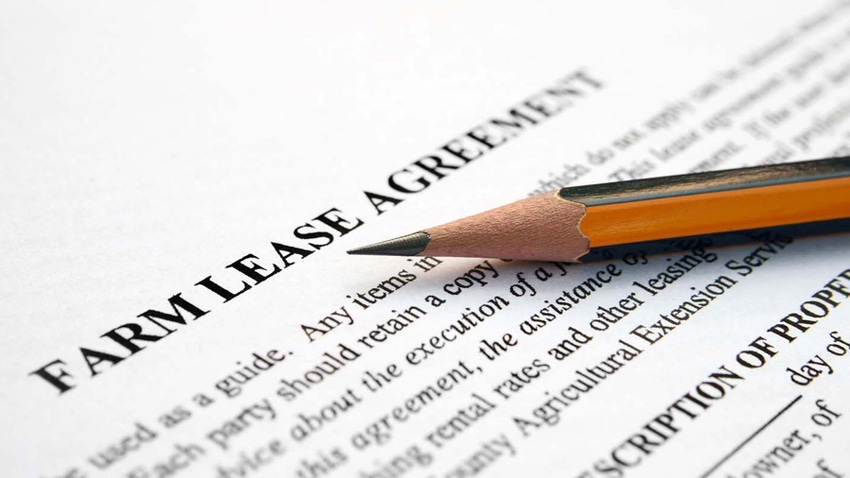
Should automatic terminations of your farm lease be standard practice? Personally, I don’t believe so, but I’m curious about your opinion, too.
The deadline to legally terminate a farm lease varies by state.
(insert US map)
In Iowa, the date to formally terminate a farm lease for the 2024 crop year is by Sept. 1, 2023. Some call this “lease termination season,” and every year it takes a few by surprise. Primarily, this surprise comes after a party to the lease signs for a certified letter to acknowledge receipt of a termination notice. I prefer handling this in more personal ways.
Every year I take a handful of phone calls during this lease termination season and this year has been no different.
Absentee landowner
One call last week was from an absentee landowner who read a past article on variable cash rent leases. During the conversation he said he terminates his farm lease every year. I asked why? He said this was recommended to him and other attendees of a farm leasing workshop as a good standard operating practice.
Farm producer
Another call last week was from a farm producer I’ve known for many years. He said he’s been working with the same landlord and farm management firm for 30 years and has a great relationship with both of them. However, I learned for the last 30 years his farm tenancy is terminated every year which has been communicated as “standard practice.”
Standard practices
Maybe it was pure coincidence this same phrase “standard practice” came up in two independent conversations from one another. Regardless, it really got me thinking about trends in the leasing industry and I’ll ask you some of the same questions I asked myself:
Are one year leases and annual farm terminations really a standard practice? If so, when did the industry start trending this way? I doubt historical crop share leases were automatically terminated every year. So, why the need for cash rent leases?
What about federally regulated contracts such as conservation reserve contracts, farm programs, or beginning farmer loans? What if instead of longer-term programs these were essentially a year-to-year contract that came with an automatic annual termination?
What about private contracts such as for carbon credits, solar, or wind farms? What if it was a standard practice these had to be renewed every year?
What if your employment contract was terminated every year? For those of you working an off-farm job, how would you feel about that?
Industry trends
Don’t get me wrong as there are circumstances which certainly exist that warrant the cancellation of a farm lease contract. I’m not sure they should all be automatic though.
As I look ahead, I see an agricultural industry which will continue to trend towards more incentives, initiatives and whether you love them or hate them, regulations, to monitor pesticide and fertilizer applications, regenerative farming practices such as no-till and cover crops, and other programs to promote sustainable farming practices and taking good care of the soil.
Some of these may come with contracts. Will the standard practice for these to be terminated and renewed every year? If so, maybe I’m off target here and the trends in the leasing industry are perfectly ok. If not, maybe it’s time we think and talk more about this. As what I see are the trends in leasing and gaining access to more farmland don’t necessarily complement the other programs available to farmers and landowners.
Review your lease
Does your farm lease truly incentivize what’s important to you and your farm? Does it support a strong, long-term landlord-tenant relationship?
Some farm advisors may suggest you can account for anything and everything that’s important to you in your lease, even with a one-year lease. Beware though, as just as I see with boilerplate written wills and trusts, farm leases filled with legal jargon may be respected as much as the paper they are written on.
A well-structured lease arrangement can have all the outs to account for certain circumstances versus addressing these yearly unknowns with an automatic lease termination. Otherwise, my concern is uncertainty and the fear of the unknown in a landlord-tenant contract may not hurt the landowner so much in the short term, but rather, your most important asset – the farm – in the long run.
Downey has been helping farmers and landowners for the last 23 years with their family farm transition, estate planning, leasing strategies, and general farm advising. He is the co-owner of Next Gen Ag Advocates and an associate of Farm Financial Strategies. Reach Mike at [email protected].
About the Author(s)
You May Also Like






